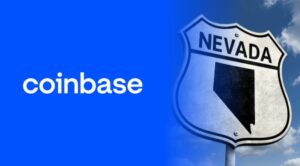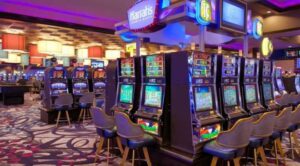Key Moments:
- The Malta Gaming Authority has released its third denial of false licensing claims in 2025.
- Unauthorized platforms referenced MGA licenses to promote Pocket Games Soft titles in Indonesia.
- The MGA emphasized the risks consumers face when engaging with unlicensed gambling operators.
Continued Surge of False Licensing in Restricted Territories
The Malta Gaming Authority (MGA) has responded to another occurrence of unauthorized gaming platforms fraudulently referencing MGA licenses—this time aimed at Indonesian audiences, where gambling is completely prohibited. This is the third such denial issued by the regulator in 2025, with operators using official MGA imagery to lend credibility to offerings of Pocket Games Soft titles in Indonesia.
The Authority observed that two website URLs claimed falsely to hold MGA licenses in association with Pocket Games Soft. Of the two, one website failed to load while the other displayed the Mahjong Ways title, featuring visible MGA and Pocket Games Soft branding at the bottom of the gaming interface. These platforms specifically targeted Indonesian consumers despite the nation’s strict ban on gambling activities.
Compliance Challenges and Regulatory Statements
Pocket Games Soft is known to possess a genuine Type One MGA gaming license. However, the misuse of their branding in conjunction with fraudulent MGA licenses brings up issues regarding the unauthorized promotion of their content. According to the MGA’s statement:
“Any reference to the MGA and/or gaming licence/s said to be issued by the Maltese Authority, as stated by the above websites, is false and misleading.”
These incidents reinforce the ongoing difficulty of enforcing compliance in markets where regulation is actively circumvented by unauthorized entities.
Wave of Impersonation Cases in 2025
The year 2025 has already seen repeated misuse of MGA’s reputation. Earlier, the MGA publicly refuted any regulatory link to the online casino casinowinner.io, declaring its licensing claims to be “false and misleading.” An even more significant case involved the Malaysia-based operator God55, which falsely claimed MGA approval during a promotional campaign tied to Birmingham City football club. This misinformation was exposed and denounced by the MGA following an investigative report by Insider Sport. In these cases, operators have strategically referenced MGA licensing status in an effort to build trust and legitimize their commercial partnerships.
| Platform or Operator | Nature of False Claim | MGA Response |
|---|---|---|
| Indonesian-targeting URLs | Claimed MGA licensing to promote Pocket Games Soft | Public denial and consumer warning |
| casinowinner.io | Referenced MGA regulation falsely | Denial of any regulatory association |
| God55 | Claimed MGA license during Birmingham City partnership | Formal denial after media investigation |
Risks and Safeguards for Consumers
With unlicensed operators exploiting regulatory ambiguity to reach new users, consumer protection remains a primary concern. The MGA reiterated the importance of verifying the regulatory status of any entity offering gaming services. The authority advised:
“The MGA would like to remind consumers not to utilise services provided by an entity unless they have ascertained that the entity in question is authorised to provide such services by the MGA.”
Operators not licensed by the MGA are not subject to Malta’s robust regulatory protections, which exposes consumers to risks in both transaction safety and dispute resolution. The growing trend of impersonating legitimate authorities heightens the risk for players, particularly those operating in restricted or unregulated markets.
- Author


